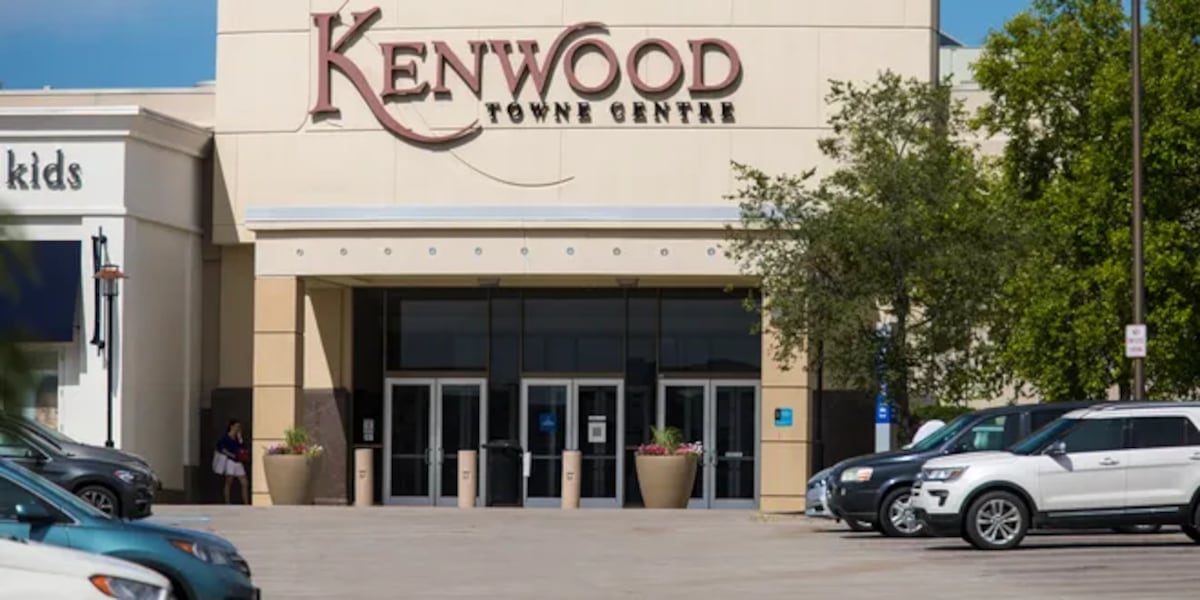On Monday, November 25, 2024, Veolia (Paris:VIE), world leader in ecological transformation, Enagás, international energy operator and Technical Manager of the Gas and Hydrogen System in Spain, and Barcelona City Council (BSM and Tersa) inaugurated a ground-breaking residual cold recovery solution installed at the Enagás LNG terminal in the Port of Barcelona, Europe’s 10th largest port. This technological innovation is now operational, generating 131 GWh of sustainable, low-carbon, local and affordable energy per year.
In the traditional regasification process, liquefied natural gas (LNG) gets the terminal by ship in a liquid state at -160°C, and uses seawater to heat and transform the LNG into natural gas at ambient temperature. Thanks to this new regasification and transport solution based on innovation by Enagás and Veolia respectively, this residual cold is brought down at a temperature of -20ºC, where it can be recovered and recycled to supply the South Barcelona and part of L’Hospitalet area with low-carbon energy.
This recovered energy is re-injected into the largest district cooling network in Southern Europe and directly benefits several major infrastructures located in that area, including the Fira de Barcelona, Generalitat de Catalunya offices, industrial and tertiary sites and public infrastructures.
Moreover, Veolia signed a memorandum of understanding with Mercabarna, Barcelona’s main food wholesale market and one of the largest in Europe with over 600 companies specialising in the distribution, preparation, importing and exporting of fresh and frozen products. It’s a key player, serving not only Catalonia but also parts of Spain and Southern Europe. Mercabarna could benefit from the residual cold recovered from the Enagás LNG terminal for eight fruit, vegetable and seafood pavilions and several food sector Companies
In addition to that, Veolia and Enagás have signed an agreement in order to develop business opportunities and copy and adapt the cold recovery solution in LNG Terminals, both in Spain and internationally.
With over 150 regasification terminals worldwide, this unique solution opens up considerable prospects for the production of low carbon local energy from hither to untapped fields. By combining technical expertise and environmental commitment, this project demonstrates the feasibility and relevance of local supply solutions to meet the global challenges of energy sovereignty and decarbonization.
The success of this project is based on the close collaboration initiated in 2009 between Veolia, Enagás, Barcelona City Council and all the local players present at South Barcelona and L’Hospitalet. Thanks to this synergy, the local energy produced from residual cold will boost the competitiveness of local infrastructures, while accompanying the urban and sustainable transformation of Barcelona’s port area.
“In the fight against global warming and the quest for energy sovereignty, we must do everything in our power to avoid energy losses and waste. As part of our GreenUp strategic program, the recovery of waste heat and cold is a major component of Veolia’s strategy for the ecological transformation of its energy mix. The replicability of this solution is a world first, opening up huge potential in Europe and internationally. It demonstrates the positive impact of territorial energy solutions on the decarbonization and competitiveness of territories. I am also delighted to announce today our new partnership with Mercabarna, which will benefit directly from the local energy produced by this technology,” said Estelle Brachlianoff, Veolia’s Chief Executive Officer.
In the words of Arturo Gonzalo, CEO of Enagás, “today we have taken a very important step forward in our commitment to innovation and sustainability in our industrial processes. This is an emblematic sustainable energy project for the city of Barcelona, with generation technology developed by Enagás, which will provide access to sustainable and competitive cold for industries and consumers in the area of influence of the Enagás regasification plant and the Port of Barcelona. Today we have also signed a very important collaboration agreement with Veolia to promote a joint commitment to develop sustainable value chains that will move towards a carbon neutral economy in Spain and Europe.”
“We are putting innovation at the service of more sustainable and resilient cities. This project is pioneering, it places innovation, energy efficiency, decarbonisation and public-private collaboration at the centre, and this allows cities to face the challenges of climate change, challenges that we must transform into the generation of new opportunities,“ said Laia Bonet, first deputy mayor of Barcelona City Council.
▁▁▁
ABOUT VEOLIA
Veolia’s ambition is to become the benchmark company for ecological transformation. With nearly 218,000 employees on five continents, the Group designs and deploys useful, practical solutions for managing water, waste and energy that help to radically change the world. Through its three complementary activities, Veolia contributes to developing access to resources, preserving available resources and renewing them. In 2023, the Veolia group served 113 million people with drinking water and 103 million with wastewater services, produced 42 terawatt-hours of energy and recovered 63 million metric tons of waste. Veolia Environnement (Paris Euronext: VIE) generated consolidated sales of €45.3 billion in 2023. www.veolia.com
ABOUT ENAGÁS
Enagás is a Transmission System Operator (TSO) with 50 years of experience in the development, operation, and maintenance of energy infrastructure. The company manages approximately 12,000 kilometers of gas pipelines, three underground storage facilities, and eight regasification terminals. It operates in seven countries. In Spain, Enagás serves as the Technical Manager of the Gas System and has been appointed as the Interim Manager of the Hydrogen Transmission Network (HTNO) under Royal Decree-Law 8/2023. By agreement with the Council of Ministers, Enagás has been entrusted with the development of H2Med, Spain’s hydrogen network and associated storage infrastructure. Aligned with its commitment to the energy transition, Enagás has announced its target of achieving carbon neutrality by 2040, reaffirming its strong dedication to decarbonization and the promotion of renewable gases, especially hydrogen. www.enagas.es
View source version on businesswire.com: https://www.businesswire.com/news/home/20241125766519/en/
Contacts
CONTACTS VEOLIA
Laurent Obadia – Evgeniya Mazalova
Anna Beaubatie – Aurélien Sarrosquy
Charline Bouchereau
Tel. + 33 (0)1 85 57 86 25
presse.groupe@veolia.com
CONTACTS ENAGAS
Jorge Álvarez
Tel. (+34) 630 384 930
dircom@enagas.es











